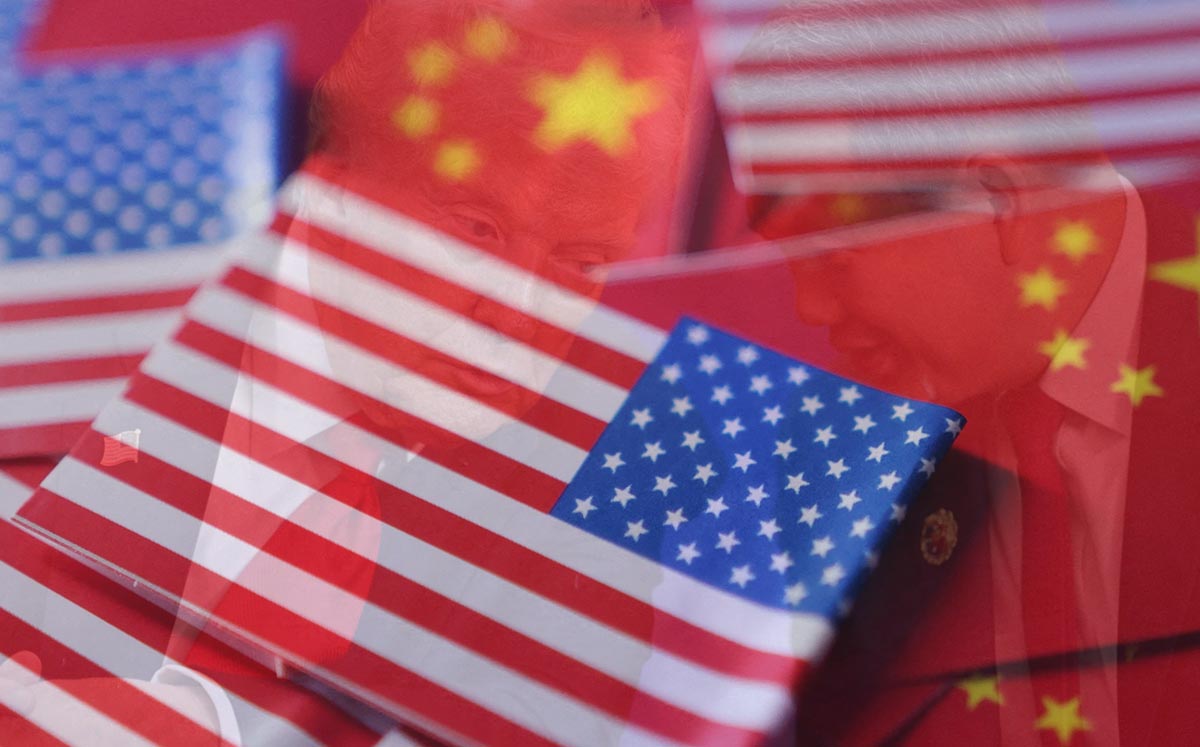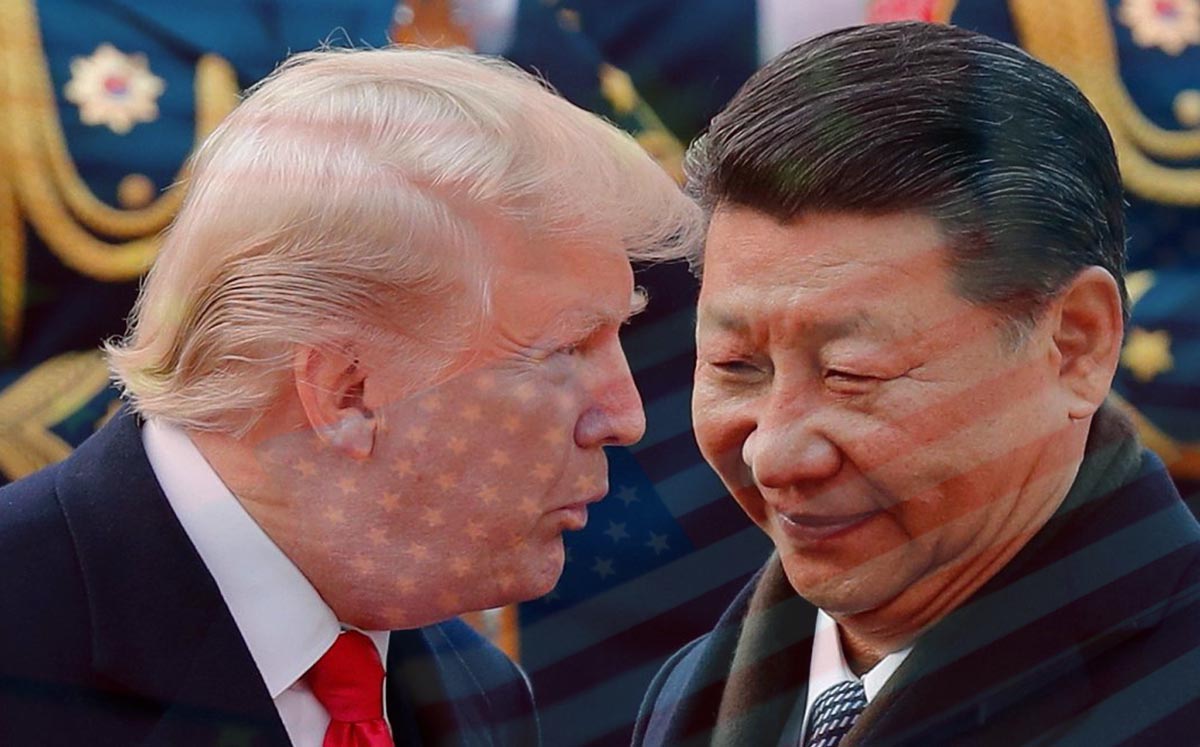According to the US Treasury Secretary, the two countries have reached an agreement on the framework of a possible trade agreement that will be considered when their presidents meet later this week. This includes a “final deal” on TikTok’s US operations and a postponement of China’s stricter rare earth mining regulations, Scott Bessent told CBS, the BBC’s US news partner.
Additionally, he said that he did not expect President Donald Trump’s planned 100% tariff on Chinese imports to take effect, even though China will once again buy a lot of soybeans from the US. Both countries want to prevent the trade war between the two biggest economies in the world from getting worse. On Thursday, Trump and Chinese President Xi Jinping are scheduled to meet in South Korea.
On the fringes of the Association of Southeast Asian Nations (Asean) summit in Malaysia, which Trump is also attending as part of his Asia visit, Bessent spoke with top Chinese trade officials. They conducted “constructive” talks, according to Beijing.
According to Bessent, the nations had “reached a substantial framework for the two leaders” and “the tariffs will be averted.” Both negotiating teams “reached a basic consensus on arrangements to address their respective concerns,” according to a statement from the Chinese government. “Both sides agreed to further finalize specific details,” they stated.
Trump’s Tariff Pressure & Political Play
Trump has threatened and implemented broad taxes on imports from other nations since reentering the White House, claiming that the measure would increase American manufacturing and employment.
Many nations, including the UK, have reached new agreements with the US as a result of the imposition of tariffs. However, he has threatened China with the highest levies. Although the two agreed to postpone the implementation of the levies while seeking a trade agreement, Beijing has responded with its own measures.
In reaction to China’s tightening restrictions on the sale of rare earths, which are elements necessary for the manufacturing of many electronics, Trump earlier this month said that he would put an additional 100% tariff on Chinese imports starting in November. The president of the United States accused Beijing of “becoming very hostile” and attempting to “captive” the world.

Supplying rare earths to US firms is a crucial negotiating chip because China produces over 90% of the world’s supply, which is used in everything from solar panels to smartphones. Many US companies that depended on the materials protested when Beijing last tightened export limits, after Trump’s increase in tariffs on Chinese exports earlier this year.
According to Bessent, China will “delay that for a year while they re-examine it” on Sunday on This Week, a different news program. China is the world’s largest consumer of soybeans, which is another point of concern. US farmers suffered when China stopped all orders as the trade conflict intensified. Bessent suggested that the boycott would end shortly, but she would not elaborate.

Leave a Reply